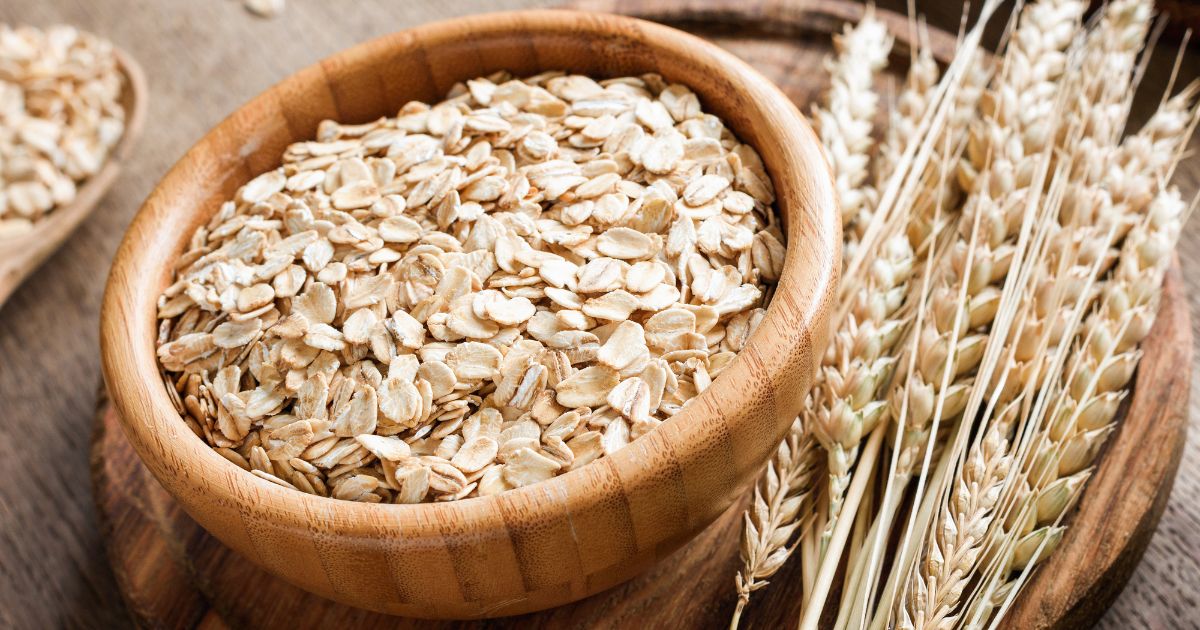Food is not just a source of sustenance, but also a cultural phenomenon that brings people together. It is no secret that food has an emotional impact on people, and it can bring joy, comfort, and pleasure. However, there is more to food than just satisfying our cravings. In this article, we will explore the art of nourishment and how food can benefit our health and wellbeing.
The Benefits of a Balanced Diet
Eating a balanced diet is essential for maintaining good health. It is important to consume a variety of foods that provide us with all the necessary nutrients, including protein, carbohydrates, fats, vitamins, and minerals. A balanced diet can help prevent chronic diseases, such as obesity, heart disease, and diabetes. Moreover, it can boost our energy levels and improve our mood.
The Joys of Cooking
Cooking can be a therapeutic and creative process that allows us to express ourselves and connect with others. It is a way of transforming raw ingredients into a delicious and nourishing meal. Cooking can also be a social activity, as it provides an opportunity to share food and conversation with loved ones.
Exploring Different Cuisines
There is an incredible diversity of cuisines around the world, each with its unique flavors, ingredients, and traditions. Exploring different cuisines can broaden our culinary horizons and expose us to new and exciting foods. It can also help us appreciate and celebrate the cultural diversity that exists in our world.
The Ethics of Food Production
It is important to consider the ethics of food production when making food choices. This includes factors such as animal welfare, environmental impact, and workers’ rights. We can make informed decisions by learning about different food production methods and choosing foods that align with our values.
The Dark Side of Food
While food can bring pleasure and nourishment, it can also be addictive and harmful. Fast food, sugary drinks, and processed snacks are examples of foods that can contribute to obesity, diabetes, and other health problems. Moreover, some people may turn to food as a coping mechanism for stress or emotional issues, leading to unhealthy eating habits.
Food and Mental Health
In addition to physical health, food can also have a significant impact on our mental health. Studies have shown that nutrients like Omega-3 fatty acids, vitamins, and minerals can help reduce the risk of depression, anxiety, and other mental health conditions. On the other hand, a diet high in processed foods and sugar can have negative effects on mental health.
Moreover, food can also play a role in managing mental health conditions. For example, some studies have suggested that a ketogenic diet may help manage seizures in people with epilepsy, and a gluten-free diet may help improve symptoms in people with autism spectrum disorder. Additionally, some natural remedies like herbal teas and essential oils can have calming effects on the mind and body.
When it comes to smoking, many people turn to nicotine pods as a much healthier alternative to smoking traditional cigarettes. Nicotine pods are small, discrete devices that heat up liquid nicotine to create a vapor that is inhaled. Unlike traditional cigarettes, nicotine pods do not produce tar or carbon monoxide, which are harmful chemicals found in tobacco smoke. Moreover, nicotine pods come in a variety of flavors, making them more appealing to people who may find the taste of traditional cigarettes unpleasant.
However, while nicotine pods may be a better option than smoking, they are still not completely risk-free. Nicotine is a highly addictive substance that can have negative effects on the developing brains of adolescents and young adults. Additionally, some studies have suggested that vaping may be linked to lung damage and other health problems.
Sustainable Food Practices
Another important aspect of the art of nourishment is sustainable food practices. The way we produce and consume food can have a significant impact on the environment, and it is important to consider the long-term effects of our choices. Sustainable food practices include things like reducing food waste, choosing locally sourced and organic foods, and reducing our consumption of meat and dairy products.
Reducing Food Waste
Food waste is a significant problem worldwide, with billions of tons of food being discarded each year. To reduce food waste, we can plan meals in advance, freeze leftovers, and compost food scraps. By reducing food waste, we can not only save money, but also reduce greenhouse gas emissions and conserve natural resources.
Choosing Locally Sourced and Organic Foods
Choosing locally sourced and organic foods can have many benefits, including supporting local farmers, reducing the carbon footprint of food transportation, and reducing exposure to pesticides and other harmful chemicals. Local and organic foods are also often fresher and tastier than foods that have been shipped long distances.
In conclusion, food is an essential aspect of our lives that can bring joy, comfort, and nourishment. However, it is important to approach food with mindfulness and make informed choices that support our health and wellbeing. Whether we are cooking a homemade meal, exploring a new cuisine, or choosing ethically produced foods, we can celebrate the art of nourishment and its many wonders.




